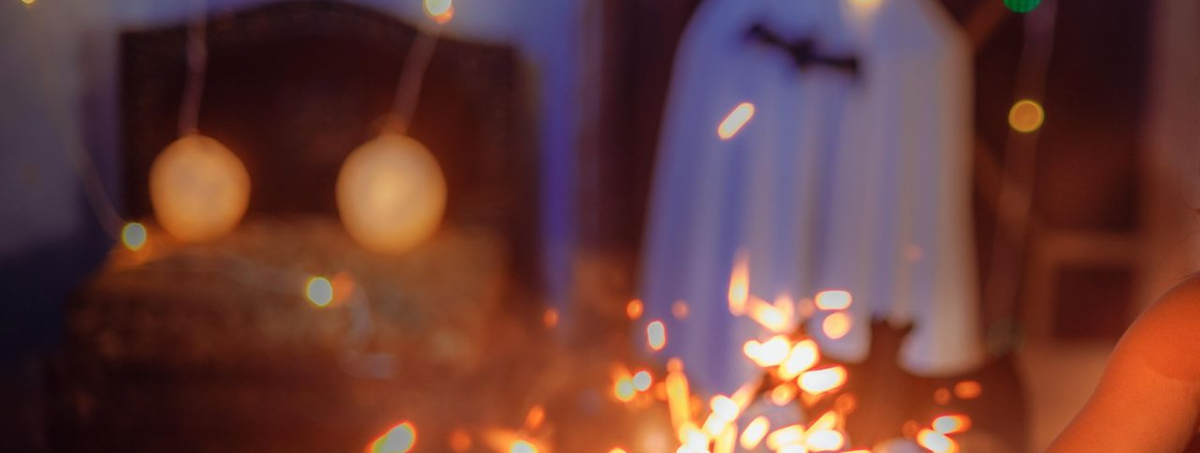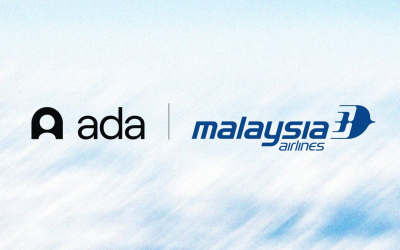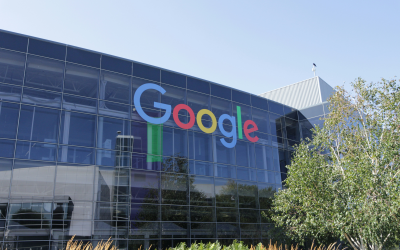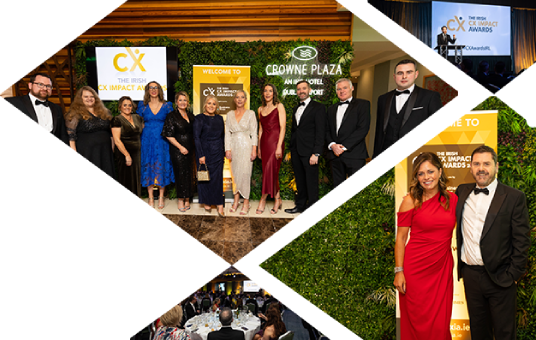Confidence across Ireland’s experience economy, encompassing the arts, culture, food and drink, sport, travel, heritage, and entertainment sectors has dropped sharply over the past six months, according to a new Ibec survey. Nearly half of the 70 businesses surveyed (49%) reported being less confident about the economy compared with six months ago, a steep rise from 28% in the previous study.
The €4 billion sector, employing more than 330,000 people, continues to grapple with mounting labour and operating costs. Almost eight in ten companies expect to implement wage increases over the next six months, underscoring sustained inflationary pressure on payrolls. Although the October Bank Holiday and mid-term break are expected to deliver a temporary uptick in activity, Ibec warned that many firms remain financially strained.
Despite the headwinds, optimism persists in specific areas. About 80% of businesses plan to accelerate digital transformation within the next one to two years, focusing on efficiency and customer engagement. Investment in staff training also remains a priority, even as sustainability projects take a backseat in the short term.
Avine McNally, Ibec’s head of membership, noted that “increased wages, significant labour policy changes, inflation, and rising operating costs have put this critically important sector in a precarious position, resulting in many closures.”
While the government’s decision to permanently reduce the VAT rate for hospitality to 9% from July 2026 will eventually ease financial pressure, its impact has yet to be fully realised.
With international tourism softening and costs remaining elevated, many operators are preparing for a cautious 2026 outlook, balancing investment ambitions against tighter margins.
Gain a deeper understanding of how Ireland’s experience economy is adapting to shifting consumer patterns, read the full article.













.png)

